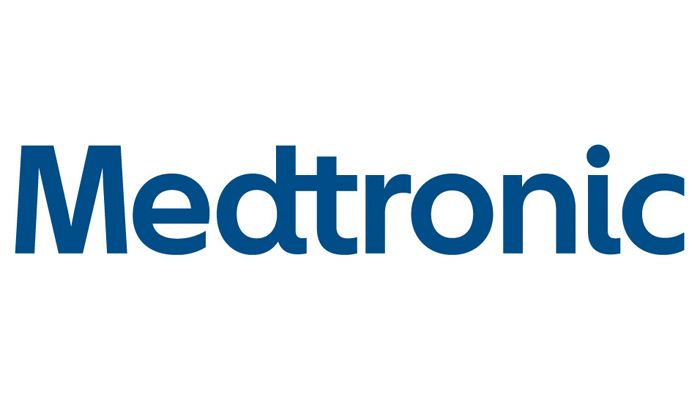Article
FDA Approves Avalus Valve for Treatment of Aortic Valve Disease
Author(s):
The valve is the first stented surgical aortic valve that is MRI-safe without restrictions and uses single, one-cut release to increase the ease of implantation.

Medtronic's Avalus pericardial aortic surgical valve has received CE (Conformité Européene) marking and US Food and Drug Administration (FDA) approval for the treatment of aortic valve disease.
The valve is the first stented surgical aortic valve that is MRI-safe without restrictions, Medtronic announced in a statement. It features a supra-annular design meant to limit regurgitation and a single, one-cut release to increase the ease of implantation.
Approval was granted based on data subsets from the Pericardial Surgical Aortic Valve Replacement (PERIGON) Pivotal Trial, a non-randomized single-arm study of more than 1,100 patients across the US, Canada, and Europe. The study showed lower rates of adverse valve-related events as well as improved hemodynamic performance and high survival at 1 year. Participants will continue with follow-ups for 5 years.
“The proven design elements of the Avalus valve were selected with physicians and patients in mind striving to improve upon the latest generation of stented tissue valves while maintaining the gold standard in cardiac surgery,” Robert Klautz, M.D., cardiac surgeon and department head of cardiothoracic surgery at the Leiden University Medical Center in The Netherlands, and the co-primary investigator of the PERIGON trial, evaluating the safety and efficacy of the Avalus valve, said in a statement. “Based on my early clinical experience, the unique design elements of the Avalus valve position it well toward meeting the expectations of durability for new tissue valves and helps ease implantation in a wide range of patient anatomies.”
Klautz told MD Magazine that "in cases of complex aortic valve pathology where currently a mechanical prosthesis is being used, this valve will definitely find a place. Also, current older biological prosthesis may find completion from this valve, as it has some specific design features that hold promise for its durability. Of course, this has still to be proven."
As far as implantation goes, Klautz said that the Avalus valve's implantation would be "relatively standard" and that its use will not cause aortic valve replacement procedures to be changed or modified, "ensuring the standard safety of modern cardiac surgery."
Medtronic stated that the Avalus valve will become commercially available in late 2017.
Related Coverage
FDA Expands Approval of CoreValve Evolut TAVR Platform
Valeant Announces US Launch of Brodalumab Injection for Plaque Psoriasis





